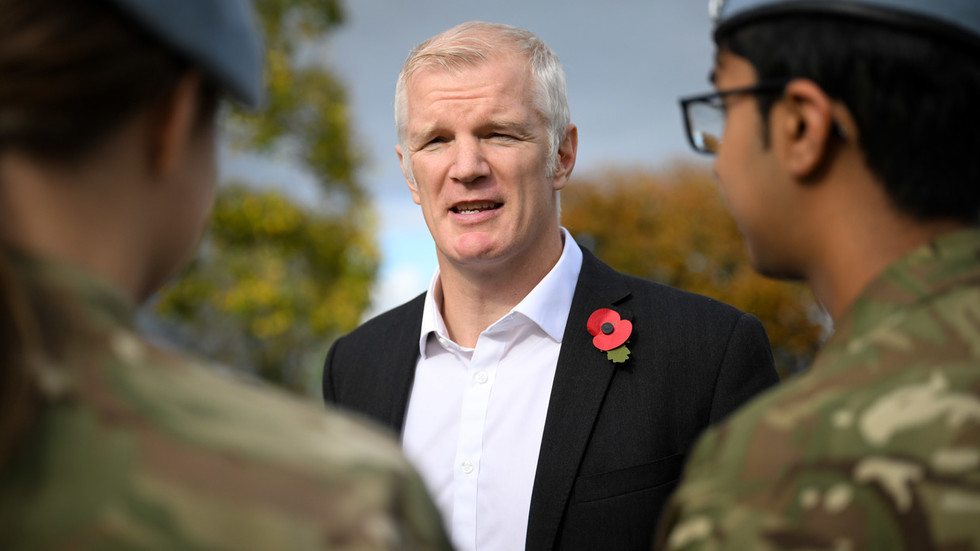In a recent statement, Alistair Carns, the British Ministry of Defence’s under-secretary of State for veterans and personnel, expressed grave concerns regarding the size and readiness of the British Army in the event of a major conflict. Speaking at an event organized by the Royal United Services Institute (RUSI), Carns suggested that in a large-scale war, such as the ongoing situation in Ukraine, the British forces could find themselves significantly depleted within six months to a year. His remarks, while highlighting a particular vulnerability in the UK’s military capabilities, were grounded in the context of current casualty rates, which he estimated could lead to rapid attrition of personnel if engaged in a similar scale of conflict. Importantly, this assessment raises questions about the UK’s ability to effectively participate in multinational coalitions, particularly during prolonged engagements.
Carns stated that the current size of the British Army, which numbers approximately 109,245 personnel as of October 1, including 25,814 reservists, is inadequate to sustain operations for extended periods. He emphasized the importance of generating additional military strength swiftly in the face of crises, marking reservists as critical in this process. His remarks illuminated an underlying concern that the UK’s capacity for rapid troop deployment and sustainment is not on par with that of other NATO nations, thereby necessitating an expansion or strategic enhancement of reserve forces to leverage additional manpower when needed.
These revelations come in stark contrast to recent assertions by British military leadership regarding the Army’s readiness. Just prior to Carns’ comments, British Deputy Chief of the Defence Staff Rob Magowan indicated that the army was prepared to engage in immediate combat if required. However, this optimistic view is met with critical perspectives from figures like Secretary of Defense John Healey, who described the armed forces as having been “hollowed out” and “underfunded” in a context of prolonged political stewardship by the Conservative Party. Healey’s insights suggest a systemic deterioration in military readiness that extends beyond mere numbers, indicating that the forces are not well-prepared for direct confrontation despite their training for military operations.
Healey’s assessment underscores a broader issue affecting military readiness—not only is the British Army at its lowest active-duty strength since the early 19th century, with only approximately 73,000 soldiers, but the nation’s military strategy has also been questioned in light of its historical growth. In fact, the UK’s population has multiplied significantly since the Army’s establishment in 1707, raising further concerns about its proportionality and effectiveness. This decline not only reflects diminishing numbers but also points to a broader societal disconnect regarding the resource allocation and financial commitment to national defense.
Compounding the situation, reports surfaced suggesting discussions between the UK and France regarding potential troop deployments to Ukraine, highlighting the international dimension of military readiness and collaboration under pressure. While allies may discuss enhancing cooperative military efforts, such moves further illuminate the UK’s precarious position when juxtaposed with its commitments to a NATO framework. This strategic pivot towards bolstering defense in partnership with others underlines the need for the UK to reassess both its troop levels and the sustainability of its military commitments in a rapidly changing global security landscape.
In conclusion, the statements made by Carns and Healey reveal critical insights into the current state of the British military. While high-ranking officials assert readiness for immediate combat, underlying logistical and personnel challenges suggest a much more complex and precarious picture. The necessity for increasing reserves and reevaluating the Army’s operational structure is becoming increasingly urgent. As Britain navigates modern security dilemmas, it must reconcile its historical legacy with contemporary demands, ensuring that its armed forces are not only capable of engaging in immediate combat but can also sustain longer-term operations in an era of rising geopolitical uncertainties.

